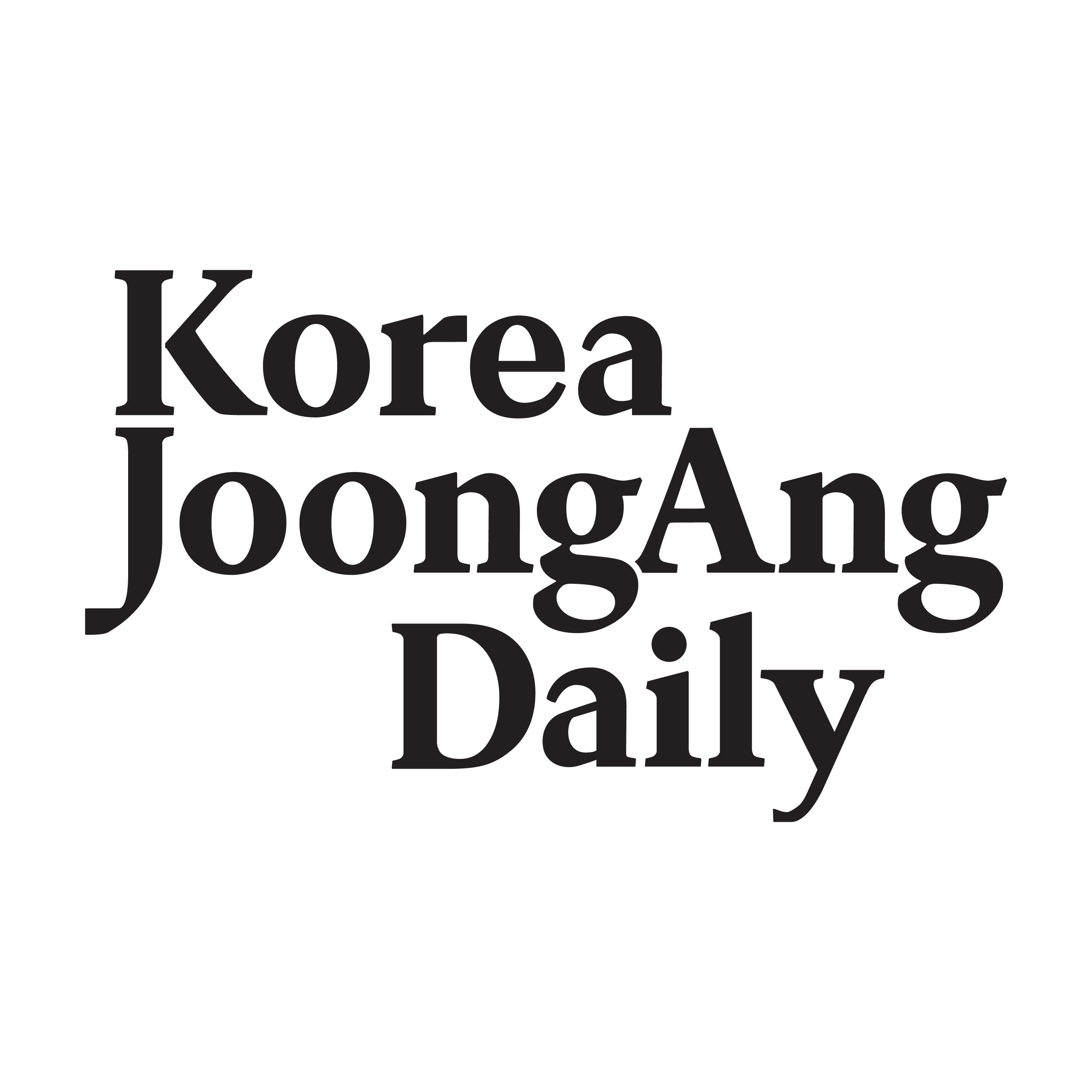Listen "Presidential office must explain prosecutors’ decision to drop Daejang-dong appeal"
Episode Synopsis
As discontent grows among prosecutors over the decision to drop the appeal in the Daejang-dong development corruption case in Seongnam, Gyeonggi, the presidential office said on Nov. 11 it had "no particular position." Such a response is disappointing as the first official reaction to a case that continues to raise serious public suspicion. Dismissing the allegations as "political claims from the opposition" does little to build trust, especially when questions have arisen about possible involvement from the presidential office.
Acting Prosecutor General Noh Man-seok reportedly told senior prosecutors that he "had to comply considering the difficult situation the prosecution faces and its relationship with Yongsan (the presidential office) and the Justice Ministry." His reference to "relations with Yongsan" remains unclear, but speculation centers on whether the presidential office was briefed in advance or gave guidance on how the case should be handled - the key issue behind current suspicions.
If there was indeed interference, who was involved and to what extent must be revealed. Among the four secretaries under Presidential Senior Secretary for Civil Affairs Bong Wook, three previously served as President Lee Jae Myung's defense lawyers. One of them, Lee Tae-hyung, handled both the Daejang-dong case and the illegal remittance to North Korea case involving the Ssangbangwool Group. As public criticism mounted, Noh said his comments merely meant that "the prosecution naturally keeps Yongsan and the ministry in mind in all decisions." But if there truly was no involvement, it is unclear why he mentioned Yongsan at all.
The Justice Ministry's role in the decision also requires scrutiny. Noh reportedly told senior prosecutors that Vice Minister Lee Jin-soo even suggested invoking his authority to direct investigations, leaving the prosecution no choice but to drop the appeal. If that statement is accurate, Lee must clarify his actions and take responsibility. The minister's supervisory power exists to correct procedural errors, not to exert political pressure on specific cases.
The government and the ruling Democratic Party have long justified their push for "prosecutorial reform" as a way to end politically motivated prosecution. But if political influence shaped this decision, the entire reform effort loses credibility. In a rule-of-law society, prosecutors must pursue justice without fear or favor. Dropping an appeal under political pressure undermines that principle and cannot be tolerated.
Past administrations learned the hard way that ignoring early political scandals often turned minor controversies into crises threatening the entire government. The current administration and ruling party must ensure full transparency and accountability. If they attempt to dismiss this case without a convincing explanation, the opposition's warning that it could become the government's greatest political crisis may not be far from the truth.
This article was originally written in Korean and translated by a bilingual reporter with the help of generative AI tools. It was then edited by a native English-speaking editor. All AI-assisted translations are reviewed and refined by our newsroom.
 ZARZA We are Zarza, the prestigious firm behind major projects in information technology.
ZARZA We are Zarza, the prestigious firm behind major projects in information technology.
